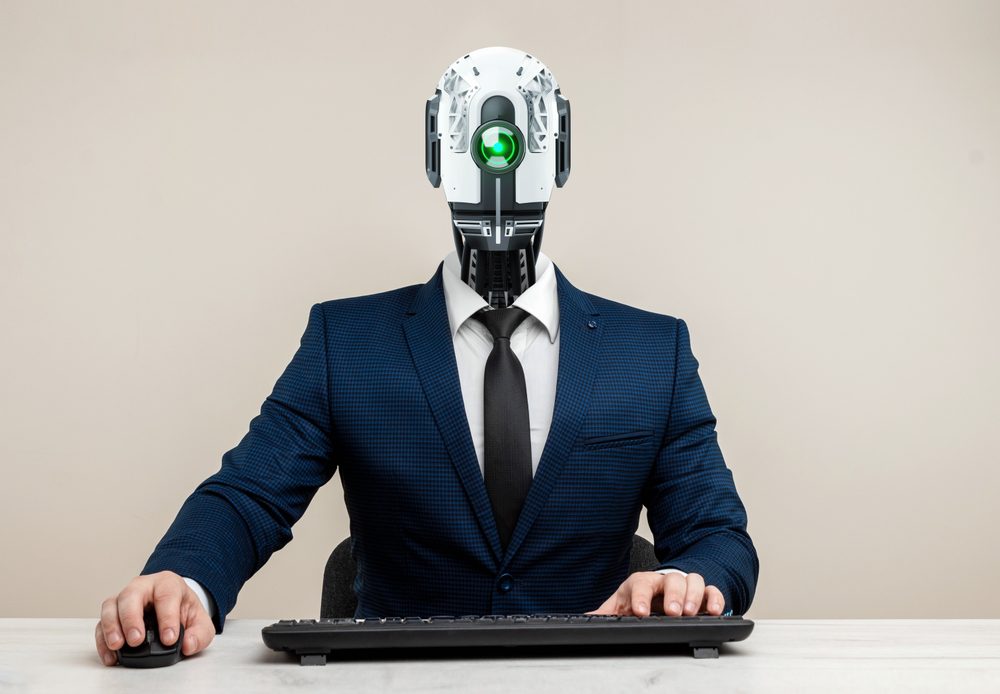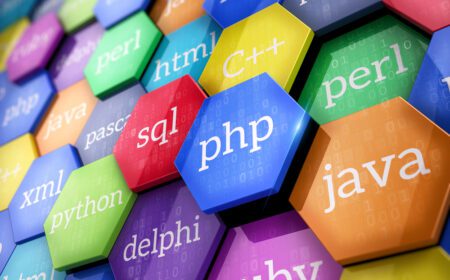Which groups will undergo job transitions due to AI advancements?

By the end of 2030, the development of AI and automation will force 12 million people to change their professions
The likelihood of forced job changes is 1.5 times higher among women, who hold low salary positions more often than men
In the construction industry, the demand for new talent will increase by 12%
By the year 2030, the relentless advance of AI and automation is projected to compel a significant workforce shift, necessitating 12 million individuals to transition into new professions.
Notably, this transformative wave disproportionately affects women, who are 1.5 times more likely than men to face job displacement, predominantly impacting roles with lower wages.
While some sectors, such as construction, are poised for a surge in demand for skilled personnel, the AI disruption is poised to touch even white-collar professionals, like lawyers and architects. While they may not find themselves entirely jobless, they will need to adapt to the evolving landscape.
Currently, machines undertake 34% of business tasks, a number predicted to rise to 42% within five years, according to the World Economic Forum. However, rather than rendering humans obsolete, AI is anticipated to serve as a valuable tool in various fields. In IT and media, for instance, specialists are needed to address vulnerabilities in AI-generated content and ensure quality.
Furthermore, the World Economic Forum foresees a rising demand for data analysts, machine learning experts, cybersecurity specialists, and researchers, with a projected growth of 30% in these roles by 2027.








